Politics is not the art of the possible. It consists in choosing between the disastrous and the unpalatable
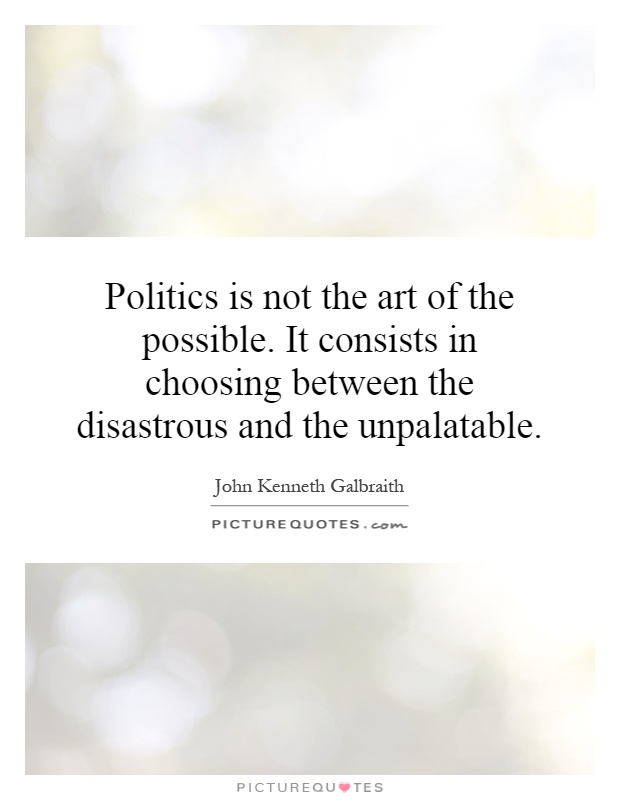
Politics is not the art of the possible. It consists in choosing between the disastrous and the unpalatable
John Kenneth Galbraith, a renowned economist and diplomat, once famously said, “Politics is not the art of the possible. It consists in choosing between the disastrous and the unpalatable.” This statement encapsulates the essence of the complex and often challenging nature of politics, particularly in the context of decision-making and policy formulation.Galbraith's assertion suggests that politicians are often faced with difficult choices that may not always have ideal outcomes. In the realm of politics, leaders are tasked with making decisions that impact the lives of millions of people, and these decisions are often fraught with competing interests, limited resources, and unforeseen consequences. As such, politicians must navigate a delicate balance between what is desirable and what is feasible, often having to choose between options that are less than ideal.
Galbraith's perspective on politics as a choice between the disastrous and the unpalatable is particularly relevant in today's political landscape, where leaders are confronted with a myriad of complex challenges, ranging from economic inequality and climate change to global pandemics and geopolitical tensions. In such a volatile and uncertain environment, politicians must grapple with difficult trade-offs and make tough decisions that may not always be popular or easy.
Moreover, Galbraith's statement underscores the inherent limitations of political power and the constraints that politicians face in enacting meaningful change. Despite their best intentions, politicians are often constrained by institutional barriers, partisan politics, and entrenched interests, which can hinder their ability to implement bold and transformative policies.
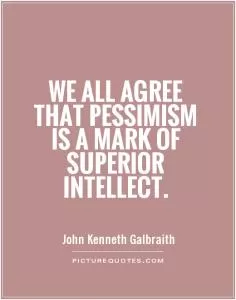
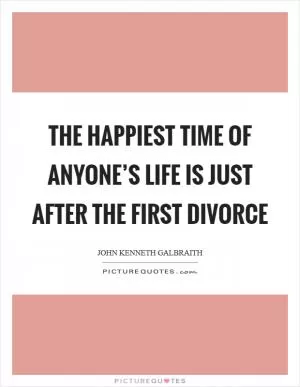
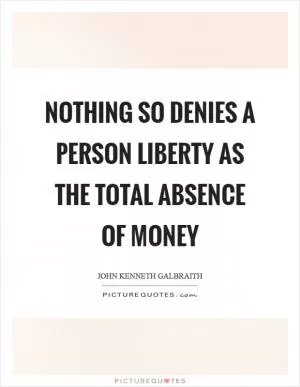
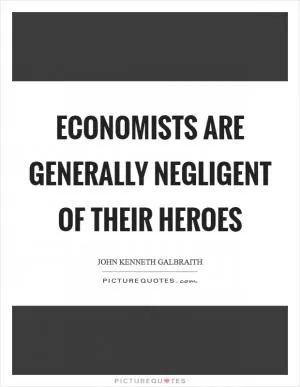
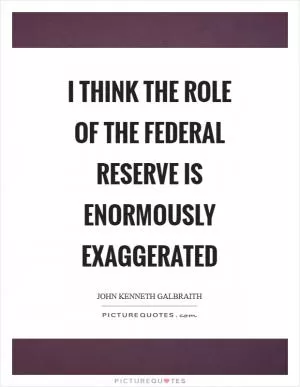

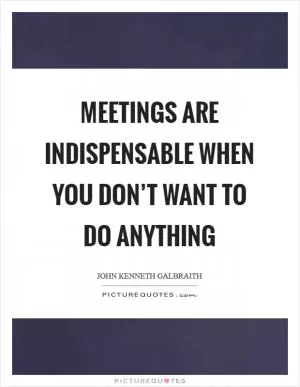



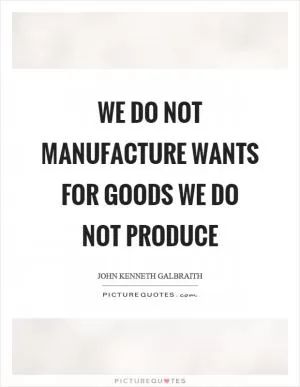
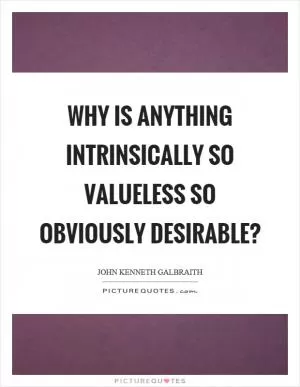
 Friendship Quotes
Friendship Quotes Love Quotes
Love Quotes Life Quotes
Life Quotes Funny Quotes
Funny Quotes Motivational Quotes
Motivational Quotes Inspirational Quotes
Inspirational Quotes